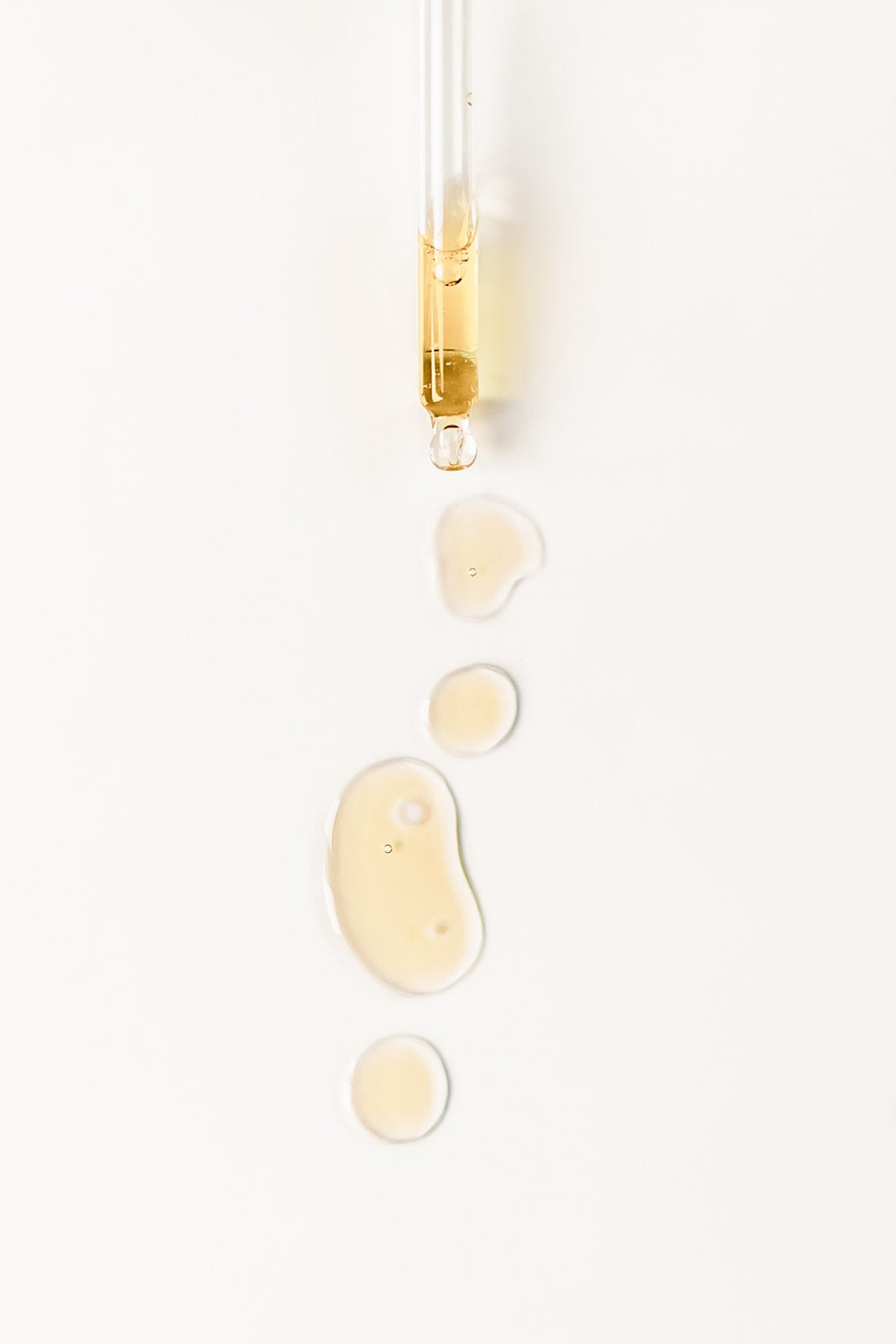
Is Retinol safe during pregnancy: A closer look
Share
Retinol during pregnancy: A closer look
In the realm of skincare, few ingredients have garnered as much acclaim and adoration as retinol. Revered for its remarkable ability to address a myriad of skin concerns, from fine lines and wrinkles to uneven texture and hyperpigmentation, retinol stands as a stalwart ally in the pursuit of radiant, youthful skin. However, amidst its glowing reputation, it's crucial to delve into both its benefits and potential drawbacks, especially concerning the delicate balance of our skin biome and its safety during pregnancy.
The Marvels of Retinol
Retinol, a derivative of vitamin A, boasts a wealth of benefits that make it a cornerstone in countless skincare routines. Its prowess lies in its ability to accelerate cellular turnover, prompting the skin to shed old, dull cells and reveal fresher, smoother ones beneath. This process not only diminishes the appearance of fine lines and wrinkles but also helps to fade dark spots and enhance overall skin tone.
Moreover, retinol possesses impressive collagen-boosting properties, aiding in the maintenance of skin elasticity and firmness. By stimulating collagen production, it fortifies the skin's structure, resulting in a plumper, more youthful complexion over time. Additionally, retinol's anti-inflammatory properties can be beneficial for those struggling with acne, as it helps to unclog pores and reduce inflammation, leading to clearer, smoother skin.
Navigating Potential Pitfalls
While retinol is revered for its transformative effects, its potency can also pose challenges, particularly when it comes to maintaining a healthy skin biome. The delicate balance of microorganisms that inhabit our skin plays a crucial role in its overall health and appearance. Excessive use of retinol can disrupt this balance, leading to dryness, irritation, and sensitivity.
Furthermore, for individuals who are pregnant or breastfeeding, the use of retinol requires careful consideration. Studies have suggested a potential link between high doses of vitamin A, of which retinol is a form, and birth defects when taken orally. While topical application of retinol is generally considered safe during pregnancy, many healthcare professionals advise against its use as a precautionary measure.
Embracing a Gentle Alternative: Bakuchiol
For those seeking the skin-transforming benefits of retinol without the associated risks, bakuchiol emerges as a compelling alternative. Derived from the seeds of the babchi plant, bakuchiol shares many similarities with retinol in terms of its ability to stimulate collagen production and enhance skin renewal. However, unlike retinol, bakuchiol is gentle and well-tolerated by most skin types, making it a safe option for pregnant individuals and those with sensitive skin.
In addition to its efficacy and safety profile, bakuchiol offers the added benefit of being a natural, plant-derived ingredient, aligning with the preferences of many clean beauty enthusiasts. Its antioxidant properties further contribute to its appeal, providing protection against environmental aggressors and oxidative stress.
Our Renewal Brightening Serum with Bakuchiol
At Biomama, we're proud to introduce our Renewal Brightening Serum, a gentle yet effective solution for achieving radiant skin. Formulated with bakuchiol, our serum offers the potential for powerful anti-aging and brightening benefits without the associated risks. In addition, we've included bilberry extract, vitamin C and finger lime extract for maximum brightening and gentle exfoliation, promoting smoother, more luminous skin over time.
Conclusion
In the realm of skincare, retinol reigns supreme as a powerhouse ingredient capable of delivering remarkable results. However, its potency and potential risks warrant careful consideration, particularly for pregnant individuals and those with sensitive skin. By exploring alternatives like bakuchiol, we can harness the transformative benefits of retinol while safeguarding the health and balance of our skin.
As with any skincare ingredient, it's essential to consult with a dermatologist or healthcare professional to determine the best approach for your individual needs and concerns. With informed choices and a mindful approach to skincare, we can unlock the full potential of our skin's radiance while nurturing its health and vitality for years to come.
